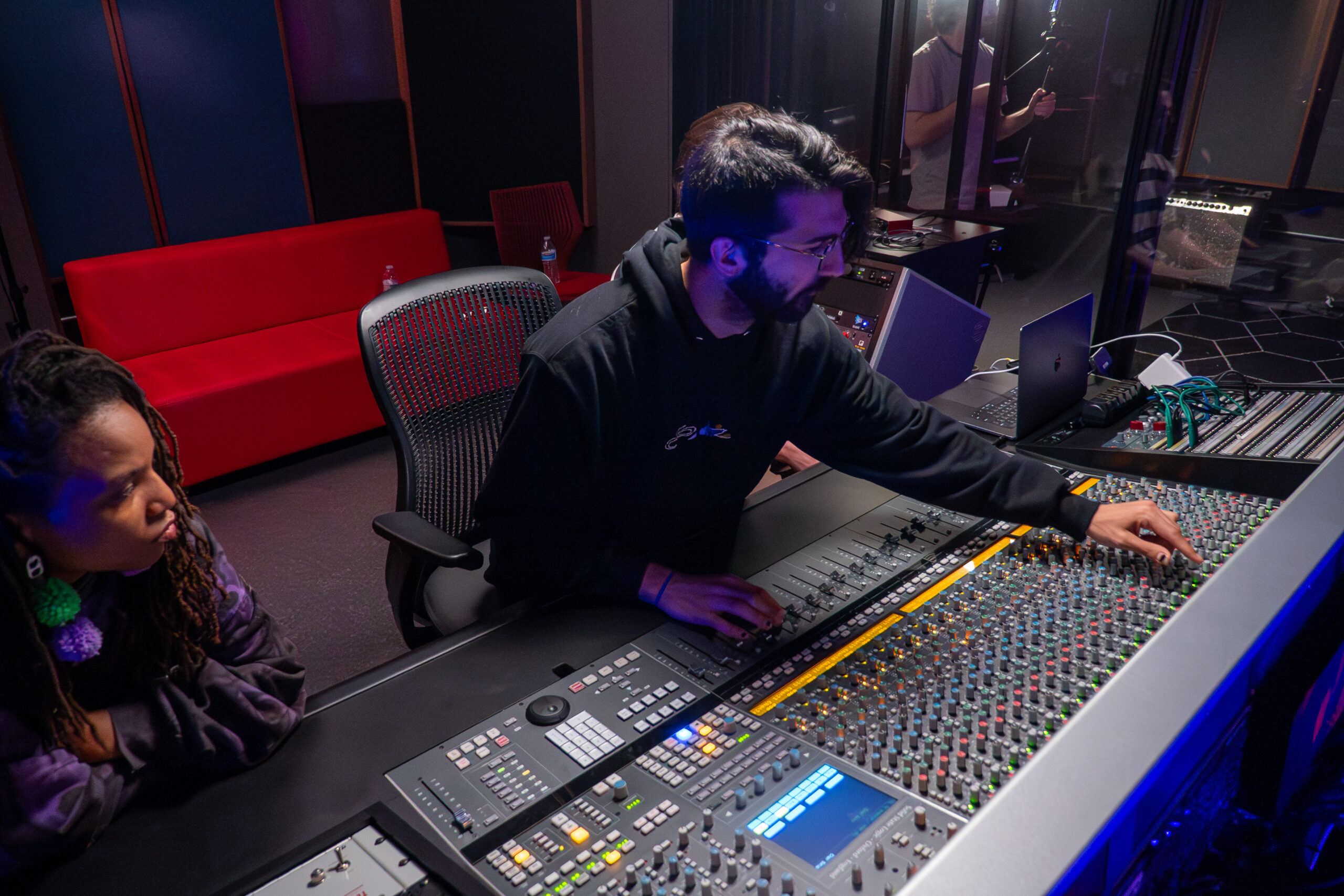STUDIO RECORDING I: Explore the fundamentals of multitrack recording techniques and technology in Studio Recording I. This course covers the principles of sound recording, microphone placement, signal flow, and mixing. Students will gain hands-on experience in creating, editing, and mixing multitrack recordings, preparing them for professional audio production environments.
PRODUCING IN THE DIGITAL AUDIO WORKSTATION I: Producing in the Digital Audio Workstation is an introductory course designed to equip students with the fundamental skills and techniques needed for music production using either Ableton Live or Logic Pro. This course covers essential topics such as navigating the software interface, understanding basic audio and MIDI concepts, and utilizing both DAW’s powerful built-in instruments and effects. Students will learn to create, arrange, and mix their own tracks, exploring various genres and production styles. Through hands-on projects and practical exercises, this course aims to develop both technical proficiency and creative confidence, providing a solid foundation for both producers and musicians.
OR
INTRODUCTION TO PRO TOOLS: Introduction to Pro Tools is a course designed to equip students with the fundamental skills and techniques needed for studio engineering. This course covers essential topics such as navigating the software interface, understanding basic audio and MIDI concepts, and utilizing the DAW’s powerful recording capabilities. Students will learn to use the software to record & track a variety of instruments, exploring different genres and production styles. Through hands-on projects and practical exercises, this course aims to develop both technical proficiency and creative confidence, providing a solid foundation for both producers and musicians.
DIGITAL ENGINEERING: Digital Engineering focuses on harnessing the full potential of digital audio workstations for mixing and mastering projects across a variety of genres. This course emphasizes the use of native DAW tools, built-in effects, and third party plugins to achieve professional-quality results from the versatile, mobile studio contained within a laptop computer. Students will cover EQ, compression, limiting, reverb, delay, and other native effects, as well as techniques for creating depth, width, and clarity in mixes using stock tools. Through hands-on projects ranging from electronic to folk music, students will develop proficiency in efficient workflow strategies, problem-solving within the digital domain, and maximizing the sonic potential of “in the box” mixing and mastering.
MIX ENGINEERING: Mix Engineering is a comprehensive course that equips students with the skills and knowledge necessary to create professional-quality audio mixes. Bridging theory with hands-on practice, this course covers advanced techniques in balancing, equalization, dynamics processing, and spatial effects using industry-standard equipment and software. Students will develop critical listening skills, learn mix analysis, and master problem-solving strategies for common mixing challenges. The curriculum emphasizes both technical proficiency and creative decision-making, teaching students to enhance the emotional impact of music through mixing. Through practical assignments and real-world projects, students will explore mix architecture, signal flow optimization, advanced EQ techniques, dynamic range control, creative use of effects, stereo imaging, and mix bus processing.


